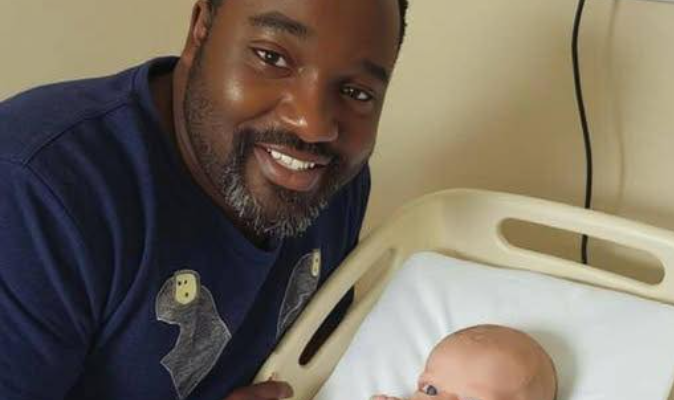When Vera and I found out we were expecting, it felt like all our dreams were finally coming true. After years of hoping, trying, and quietly nursing the fear that it might never happen for us, the news of her pregnancy was like a sunrise after a long, dark night. We laughed. We cried. We made plans. I imagined being with her through every step, especially in the delivery room, holding her hand as we welcomed our child into the world.
But just weeks before the due date, Vera told me something that caught me completely off guard: she didn’t want me in the delivery room.
At first, I was stunned. Then came the hurt. I had pictured that moment so vividly—her hand in mine, our daughter’s first cry, our eyes meeting in the overwhelming joy of becoming parents. But she gently insisted it was something she needed to do on her own. I didn’t understand it completely, but I trusted her. I loved her. And sometimes love means sacrifice, even when it breaks your heart a little.
The day our daughter was born, I waited in the hallway, pacing, heart pounding. When I finally heard that both Vera and the baby were safe, I felt a wave of relief crash over me. Then they brought her out for me to see.
My heart stopped.
She was beautiful—but not in any way I had expected. She had pale porcelain skin, golden hair, and piercing blue eyes. Nothing like me. Nothing like Vera. My mind spiraled. Could she really be mine?
I didn’t want to doubt. But the thought crept in like a shadow I couldn’t shake. I didn’t say anything right away, but Vera must’ve sensed it. Later, in the quiet of our hospital room, she reached for our daughter’s ankle and gently pointed out a small, crescent-shaped birthmark.
“You have this,” she said softly. “Just like your dad did.”
She explained that we both carried a rare recessive gene, one that could unexpectedly express itself in ways we didn’t anticipate—like fair skin and light features. It was science, not betrayal. Still, the look in her eyes told me she knew how deeply the doubt had cut.
When we brought our daughter home, things didn’t get easier. In fact, they got worse. My family, usually loud and loving, fell uncomfortably silent around the baby. My mother, with eyes sharp as flint, stared too long. One day, I caught her trying to rub at the birthmark, as if it might come off. My siblings whispered. Questions lingered unspoken, poisoning every gathering.
Vera said nothing, but I saw how their suspicion hurt her. How her smile grew tighter. Her laughter more forced. Finally, she suggested we take a DNA test—not because she needed to prove anything to me, but to silence the noise and give our daughter the peace of a family that believed in her.
The results came back clear: I was the father. There was no room left for doubt.
That night, I called everyone together and shared the results. The silence in the room was heavier than any words. My siblings looked away, ashamed. My mother’s hands trembled as she whispered an apology. Vera didn’t hesitate. She hugged her. “Of course,” she said with a smile. “We’re family. Let’s start again.”
In that moment, I realized something powerful: truth isn’t always something you can see. Love isn’t always loud or easy. And family—real family—isn’t defined by appearances or assumptions, but by the choice to believe, to forgive, and to stay.
As I watched our daughter that evening, her tiny hand curled around my finger, I felt something deeper than relief. I felt the quiet, enduring strength of a love that had weathered the storm—and come out stronger.



